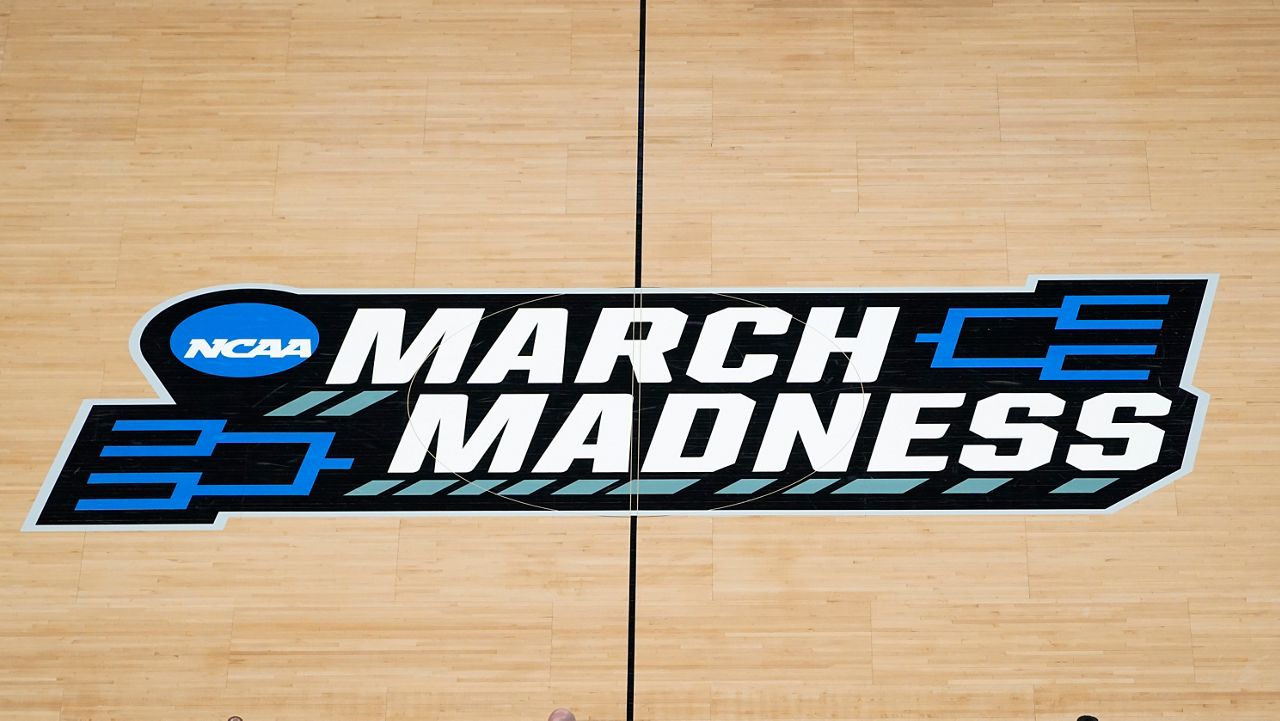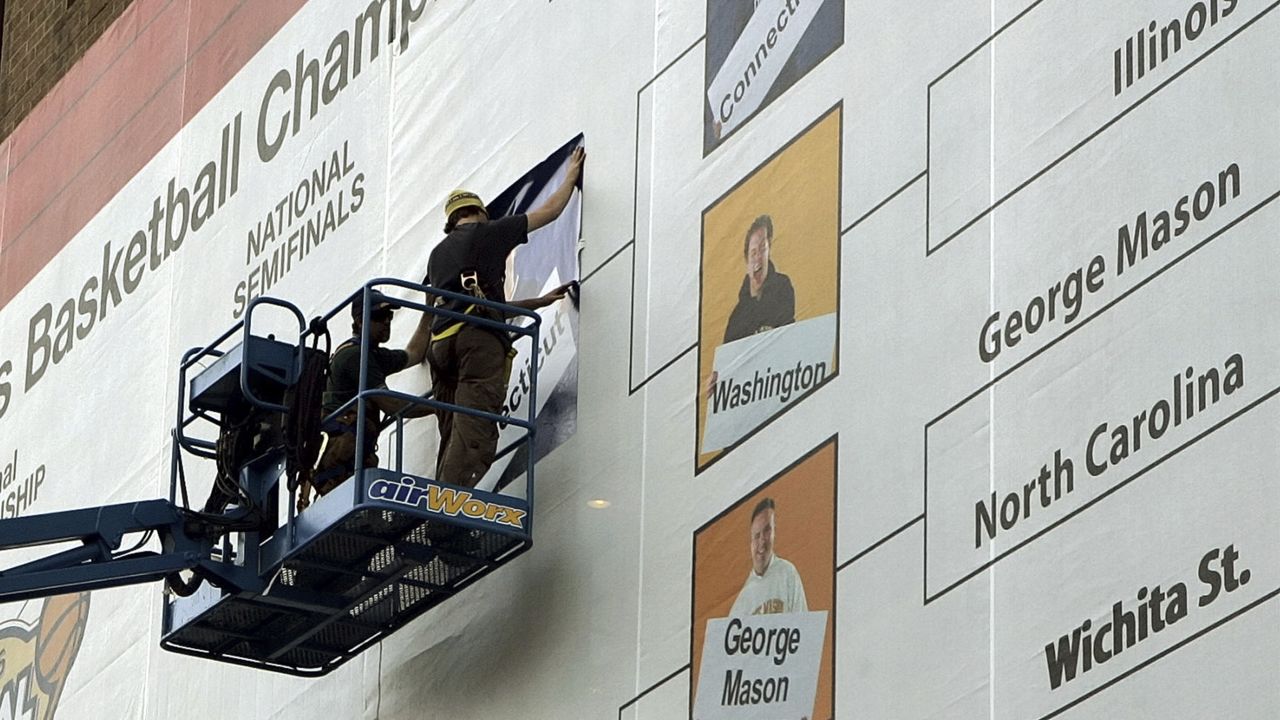LOUISVILLE, Ky. — Nearly 40 years since a landmark court case in Louisville changed the American legal system forever, the unlikely friendship between the defendant and prosecutor of that case hopes to inspire some good.
Joe Gutmann teaches government and law at Central High School in Louisville, but in 1982, he was tasked with prosecuting James Batson for burglary. Batson, who is Black, was convicted by an all-white jury.
That case, Batson v. Kentucky, would later reach the Supreme Court in 1985. The reason? Gutmann struck four Black jurors from the jury pool through the process called peremptory challenges, which allow attorneys to dismiss jurors without stating a reason.
The Supreme Court ruled jurors cannot be dismissed solely based on their race.
Gutmann says he agrees with the Batson decision and says his reasoning for dismissing the four jurors was not because they were Black.
“I never in a million years, did I think 40 years ago, that we would share the same space and we would have the same goal. And that’s to keep kids out of trouble,” Gutmann said.
Batson spoke with students in Gutmann’s law classes. He shared his life experiences of turning to crime at a young age, going to prison, and later turning his life around.
Batson has spoken with students several times over the last few years and hopes his story will inspire kids to not make the same mistakes he did.
“Fast money is more addictive than heroin and crack and any other drug you can name,” Batson said. “You get started on fast money and there’s no telling when and where you’ll stop.”
In 2017, Batson wrote War on Jails: Enlighten, a book echoing this message.
“I try to help whoever I can every kind of way I can, especially given knowledge on this subject,” Batson said.
Gutmann says having his students meet Batson puts a human face to what might seem like just a case law title.
“Batson (v. Kentucky) is James,” Gutmann said. “I think, (it) makes it a little bit more real for my students, and I’m happy that they’re able to do it.”









